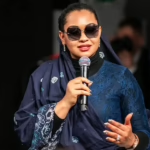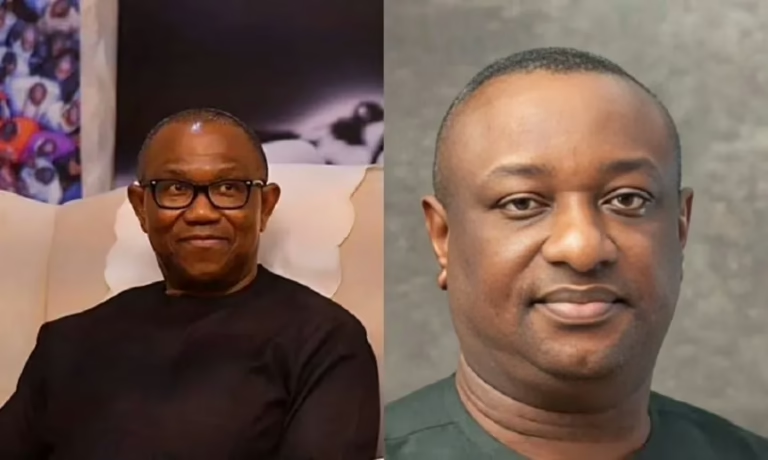In the ever-shifting landscape of Nigerian politics, alliances and rivalries often intertwine in unexpected ways. Recently, Festus Keyamo, a prominent political figure and legal luminary, has leveled a startling allegation against Atiku Abubakar and Uche Secondus Mark, accusing them of orchestrating a scheme to capitalize on Peter Obi’s rising influence in the anticipated 2027 coalition. This provocative claim adds a new layer of intrigue to Nigeria’s evolving political chessboard, raising questions about the motivations behind such maneuvers and their potential impact on the nation’s future political alignments.
Keyamo Raises Concerns Over Alleged Political Strategies Involving Atiku Mark and Obi in the 2027 Coalition
- Manipulation risk: Allegations suggest that Obi might be used as a pawn rather than an equal partner.
- Coalition dynamics: Power imbalance could destabilize long-term alliance goals.
- Voter trust: Exploiting Obi’s popularity might erode public confidence in the coalition’s integrity.
These issues raise important questions about the nature of alliances and the ethical boundaries in political strategy ahead of the 2027 elections.
| Concern | Potential Impact |
|---|---|
| Obi’s Autonomy | Compromised decision-making power |
| Coalition Cohesion | Fragility and infighting |
| Electoral Credibility | Voter skepticism |
As the political landscape continues to shift in anticipation of the 2027 elections, Keyamo’s allegations add yet another layer of intrigue to the evolving alliances. Whether these claims will reshape the strategies of Atiku, Mark, and Obi remains to be seen, but one thing is certain: the quest for power in Nigeria’s next electoral cycle is far from predictable. As watchers and participants alike brace for what lies ahead, the unfolding story serves as a reminder that in politics, alliances are often as complex as they are crucial.




















0 Comments